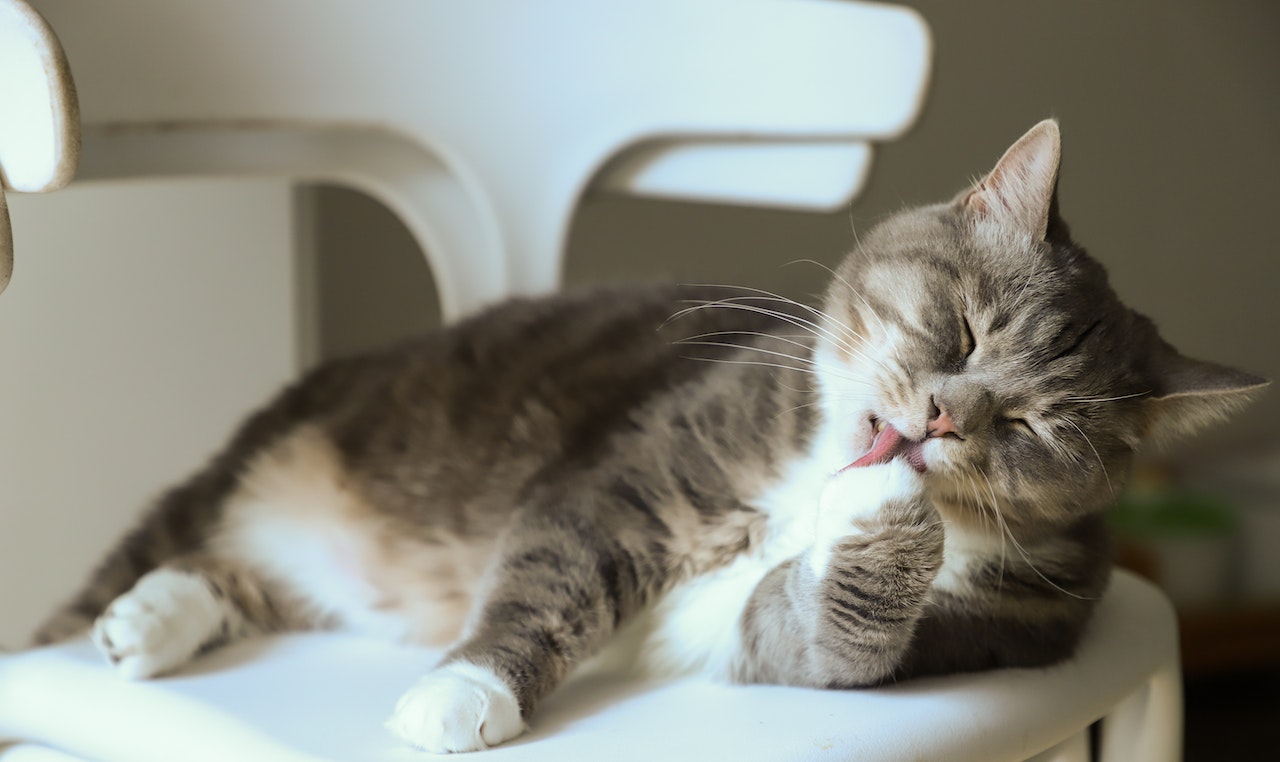A cat litter box is important for a cat’s health, happiness, and overall well-being. Choosing an appropriate litter box and maintaining good hygiene is key to helping your cat develop good elimination habits and avoid medical issues. While regular litter box cleaning and maintenance is necessary, certain signs indicate it’s time to replace the litter box itself.
Why Does Your Cat Need a Litter Box
Importance of a Clean and Accessible Litter Box for Cats
Cats are naturally fastidious animals and prefer to keep their living spaces clean. A dirty, messy litter box can discourage your cat from eliminating in the box and even cause stress or anxiety. Regular cleaning and providing multiple litter boxes in quiet, low-traffic areas of your home is important for your cat’s comfort and housetraining.
Role of Litter Box in Cat’s Natural Behavior and Instincts
Using a litter box satisfies a cat’s instinct to scratch and cover its waste. The texture of the litter also feels natural and familiar to most cats. Not providing a litter box can frustrate these natural urges and cause behavioral issues.
Health Benefits of Using a Litter Box for Cats
Litter boxes minimize the risk of urine scalding and other medical issues associated with inappropriate elimination. They also help control parasites by containing waste in one area for easy monitoring and cleaning. Properly housed litter boxes encourage good hygiene and create a less stressful environment for cats, and at the end of the day will affect you too.
5 Signs It’s Time for a New Litter Box
Persistent Foul Odor Despite Regular Cleaning
If the litter box smells strongly of urine or feces after cleaning, it’s time for a replacement. Old, worn litter boxes can become permeated with odors that are difficult to eliminate.
Litter Box Overcrowding
Not providing enough litter boxes for multi-cat homes can lead to litter box problems. If there are frequent litter box issues, adding more boxes in additional locations may help resolve them. However, very old or small litter boxes should still be replaced to give cats more usable space.
Accumulation of Excessive Waste
Large clumps of urine and feces that linger even after scooping indicate the litter may not be able to absorb waste effectively anymore. Feline litter brands recommend changing the litter every week to every month, depending on the type. If waste is building up quickly with daily scooping, replacing the litter box is best.
Inappropriate Elimination Outside the Litter Box
If your cat frequently eliminates outside the litter box in areas where boxes are kept, it may indicate an issue with the litter box itself. Possible causes include a box that’s too small, difficult for the cat to enter or exit, or has a liner or lid the cat dislikes. Replacing the box may help resolve inappropriate elimination problems unrelated to medical issues.
Behavioral Changes in Cats
Changes in your cat’s normal litter habits can also indicate a need for a new litter box. Take note if a previously well-housetrained cat starts avoiding the litter box, guarding the box location, meowing, or scratching excessively, or not covering waste as usual. A fresh, clean litter box may help get your cat back to its normal behavior.
Litter Box Management Tips
Regular Cleaning and Maintenance Schedule
Establish a daily scooping and weekly scrubbing/replacing schedule to keep litter boxes fresh. It will minimize odors and discourage litter box avoidance in cats.
Proper Litter Type and Depth for Your Cat’s Preferences
Choose a litter that clumps well, is low in dust, and your cat finds appealing. Most cats prefer 3 to 4 inches of litter for digging and covering waste.
Providing Multiple Litter Boxes for Multiple Cats
Generally, have one more litter box than the number of cats in your home plus one—place boxes on each level of the home and in quiet, low-traffic spots.
Ensuring Litter Box Accessibility and Privacy for Cats
Avoid locating litter boxes in noisy or small, cramped areas of the home. Lids and liners may discourage some cats from using the box, and Entryway flaps can also add more privacy for shy cats.
Conclusion
A cat litter box is important for feline health, behavior, and quality of life. Providing clean, accessible litter boxes in a safe space is key to helping cats develop good litter habits and avoid problems. Knowing certain signs that litter box have outlived their usefulness makes maintaining good litter box hygiene easier and helps keep cats happy and stress-free. Watching for changes in your cat’s litter box use and addressing issues is the best way to avoid potential conflicts surrounding litter box use.
